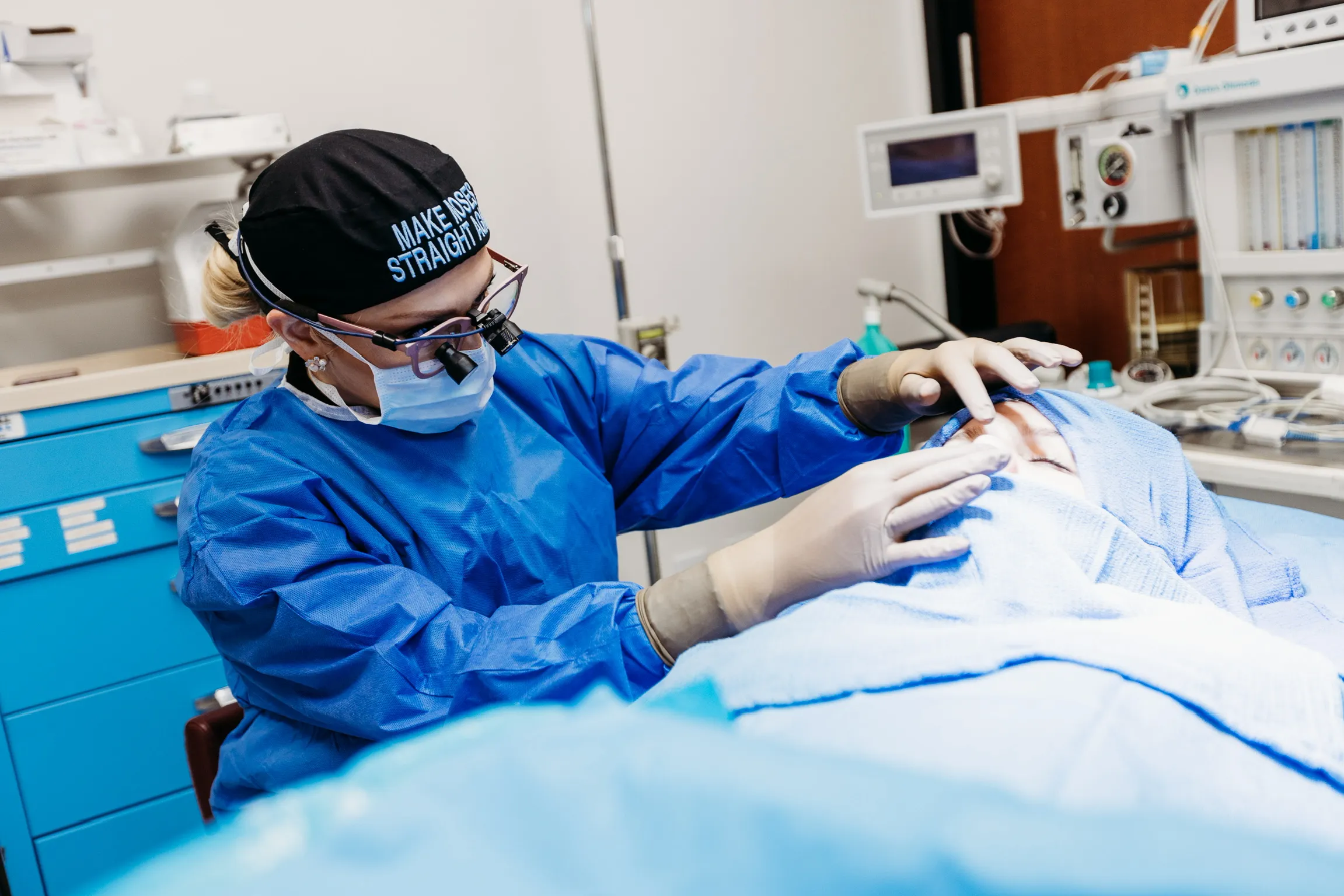Technology is reshaping many aspects of health care, and gastroenterological care is no exception. From enhanced diagnostic tools to innovative imaging techniques, advancements in technology are helping health care providers improve patient outcomes and streamline processes. The integration of artificial intelligence (AI) and advanced imaging methods is leading the way in modernizing how gastrointestinal (GI) conditions are detected, diagnosed, and managed.
What Are the Latest Technological Advances in Gastroenterology?
The field of gastroenterology has embraced several emerging technologies aimed at improving patient care. These innovations focus on refining diagnostics, enhancing treatment accuracy, and making procedures less invasive for patients. Some of the most impactful advancements include:
- Artificial Intelligence (AI): AI-powered systems analyze vast amounts of patient data quickly, enabling more precise diagnostics and personalized treatment plans. Its applications in GI care include image recognition and real-time analytics during endoscopic procedures.
- Endoscopic Devices: Miniaturized cameras and advanced endoscopy tools have improved visualization inside the GI tract, making it easier to detect abnormal tissue and retrieve high-quality biopsy samples.
- Wireless Capsule Endoscopy: Swallowable capsules equipped with small cameras provide a noninvasive way to capture detailed images of the bowel, reducing the need for more invasive procedures like traditional colonoscopies.
- Molecular Diagnostics: Advanced techniques such as next-generation sequencing help doctors identify genetic markers and the potential causes of GI conditions, which can guide targeted therapies.
- 3D Printing: Custom-designed anatomical models assist surgeons in planning complex GI surgeries more precisely, reducing risks during procedures.
These tools provide health care professionals with a broader range of options for managing complex GI disorders while improving gastroenterological care and patient outcomes. By utilizing such innovations, the field is becoming more efficient and accessible.
How Is Artificial Intelligence Improving Diagnostic Accuracy?
AI-powered tools are significantly enhancing the efficiency and precision of diagnostics in gastroenterology. They analyze large datasets in real time, providing insights that are difficult to attain through traditional methods. One key application is the detection of polyps during colonoscopy, where AI assists physicians by highlighting areas of interest on-screen as procedures unfold.
AI also improves workflow efficiency by automating routine tasks, such as organizing patient data or interpreting pathology reports. Reducing manual input errors allows health care practitioners to focus more on patient engagement. AI systems process data more swiftly and provide an extra layer of accuracy due to their advanced learning algorithms. The ability of AI to recognize patterns in medical data is transforming the early detection of GI conditions. Conditions like colorectal cancer and inflammatory bowel disease may now be diagnosed earlier, resulting in more effective intervention options.
What Role Does Advanced Imaging Play in Detecting GI Conditions?
Advances in imaging technology are revolutionizing how GI conditions are detected and managed. High-definition endoscopy, for instance, provides clearer and more detailed visuals of the gastrointestinal tract, enabling doctors to identify abnormalities that may otherwise go unnoticed. These imaging advancements help detect early signs of conditions such as ulcers, polyps, or other abnormalities within the digestive system.
Techniques such as narrow-band imaging (NBI) and confocal laser endomicroscopy are also enhancing diagnostic capabilities. NBI improves contrast in mucosal structures by using specific wavelengths of light, which makes abnormalities more visible during endoscopic exams. Confocal laser endomicroscopy offers microscopic views of cells in real time, serving as a more accurate tool for diagnosing certain GI disorders.
Learn More About Gastroenterological Care Today
With technological advancements, gastroenterological care is becoming more precise and accessible, transforming how conditions are diagnosed and treated. These innovations, from AI-powered diagnostic tools to cutting-edge endoscopy methods, enable better care and treatment strategies. Reach out to schedule a consultation and discover how modern approaches can help address your unique needs.
- Personalized Approaches in Therapy Services for Lasting Change
- How to Choose the Right Cardiologist for Your Heart Care
- What To Expect During Your First Appointment With an Orthopedic Surgeon
- Understanding the Various Surgical Weight Loss Options Available
- Understanding Common Injuries Treated by Sports Medicine Specialists

Leave a Reply